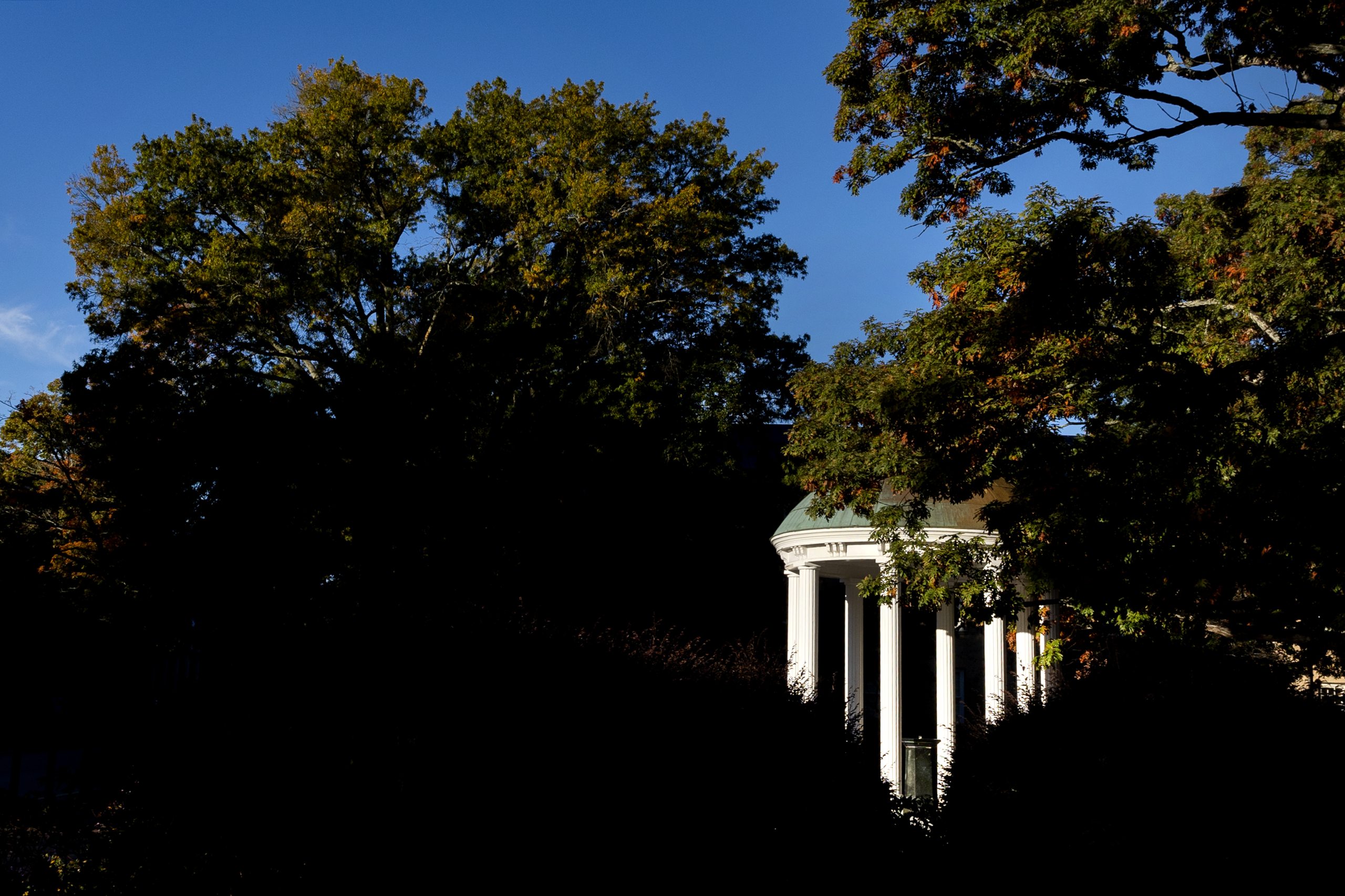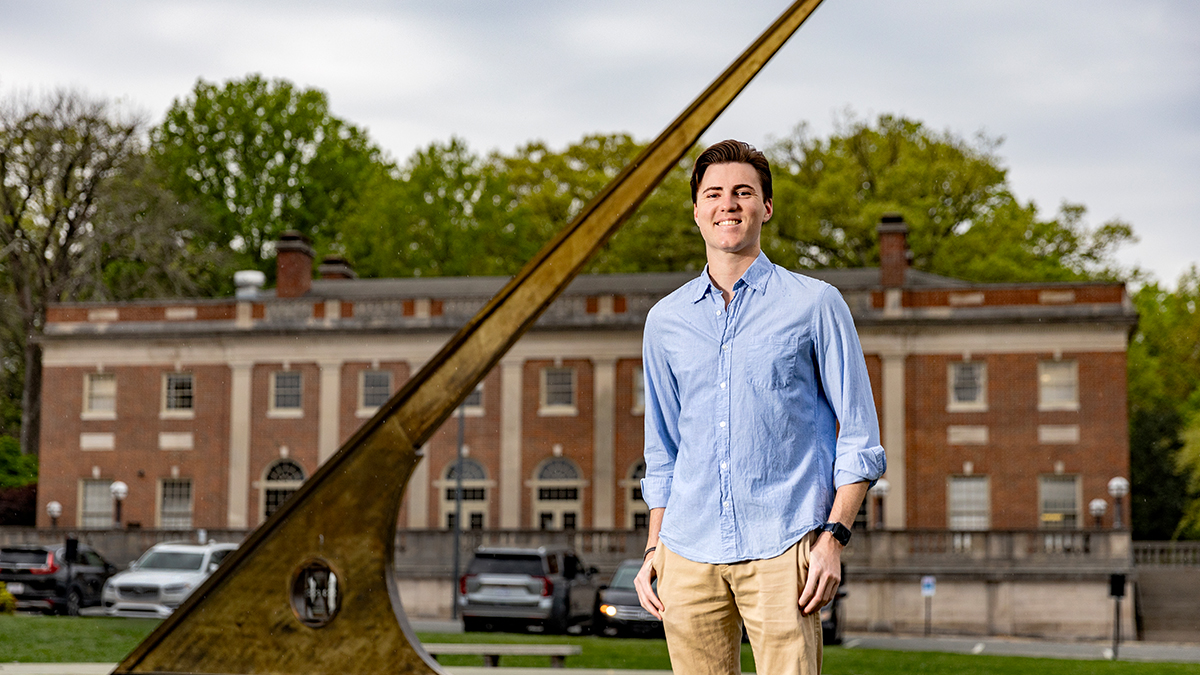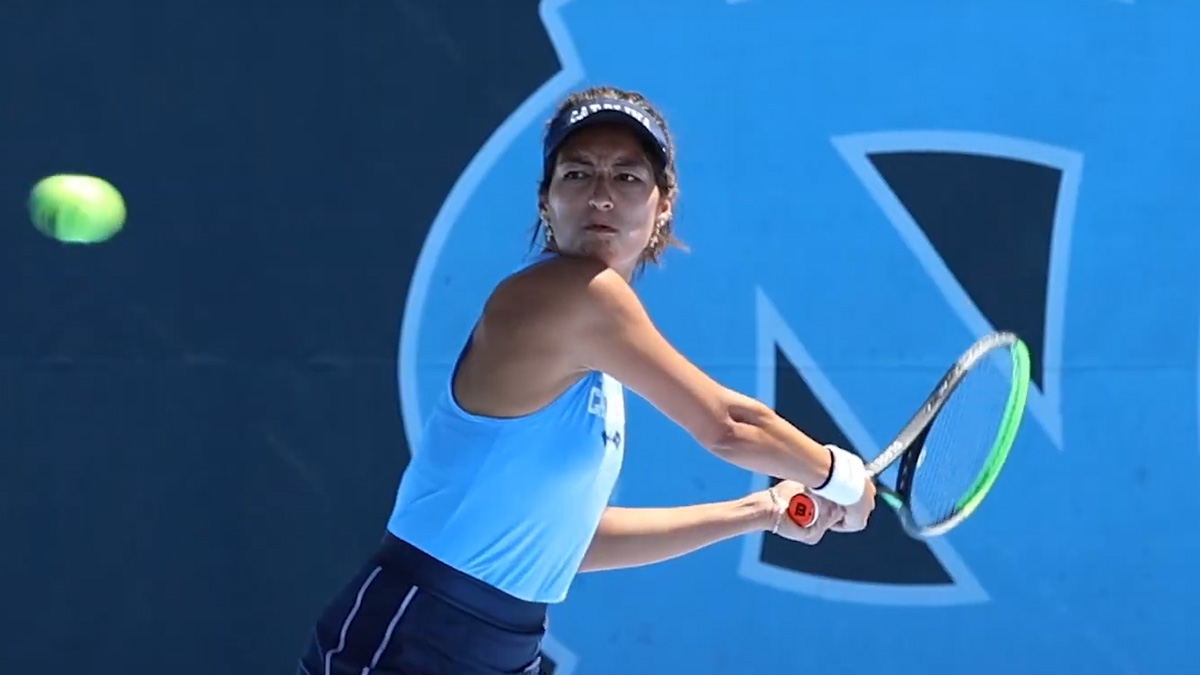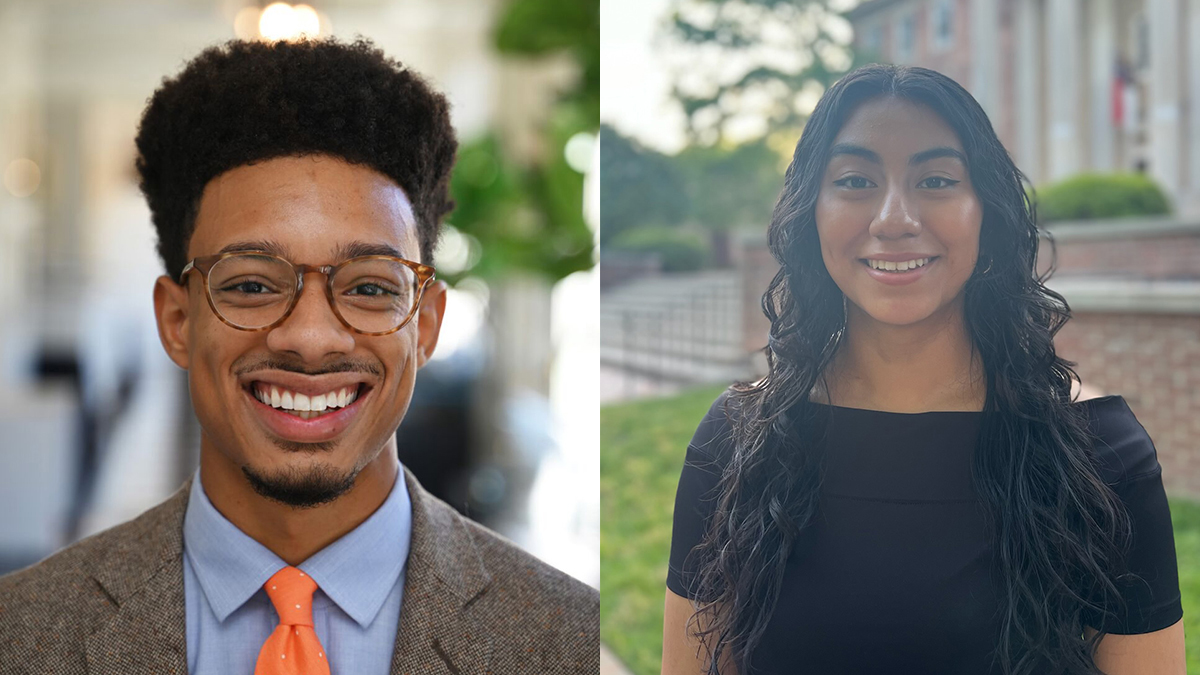A legacy of new leaders
By hiring so many of the University’s newest leaders, James W. Dean Jr. has put his stamp on Carolina for years to come.
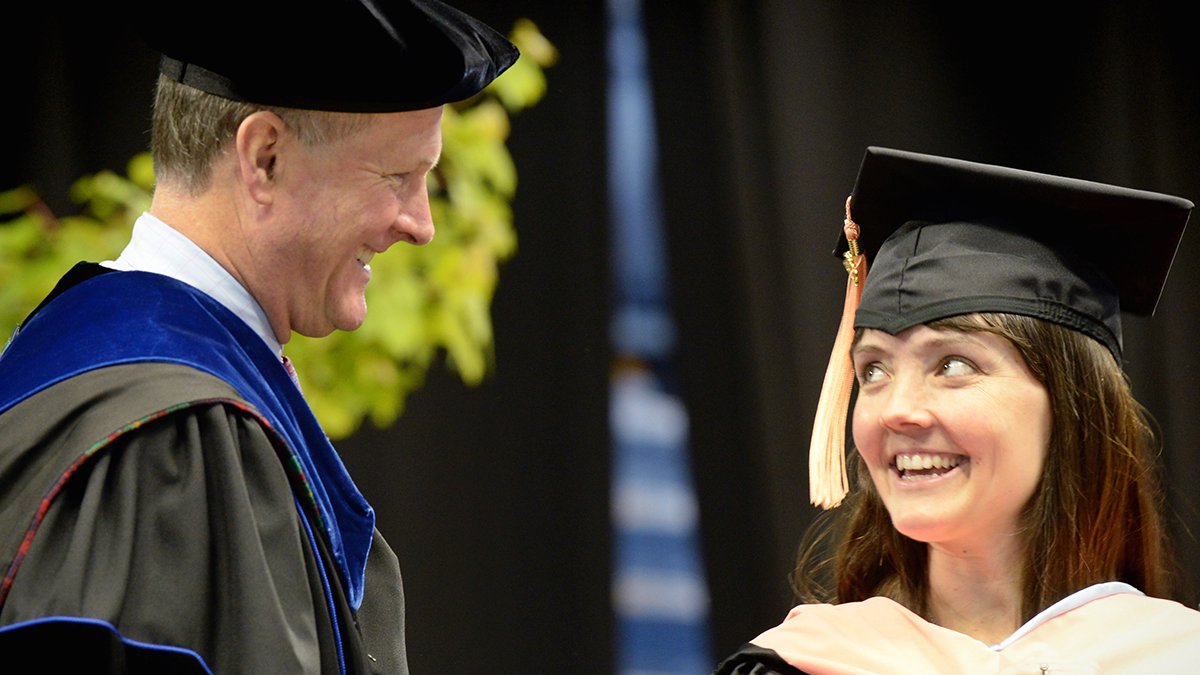
Half of all the current dean-level University leaders were hired by the same man, Executive Vice Chancellor and Provost James W. Dean Jr.
For those keeping score, that’s eight of 16 positions:
- Fouad Abd-El-Khalick, School of Education;
- Gary Bowen, School of Social Work;
- Martin Brinkley, School of Law;
- Scott De Rossi, School of Dentistry;
- Kevin Guskiewicz, College of Arts and Sciences;
- Nilda Peragallo Montano, School of Nursing;
- Douglas Shackelford, Dean’s successor at Kenan-Flagler Business School; and
- Elaine Westbrooks, vice provost and University librarian.
“I’m very proud of the people I helped to bring to the University. They all have the capability to transform the areas they are responsible for,” said Dean, who is stepping down from his position effective Sept. 18, when Dean Robert “Bob” Blouin of the UNC Eshelman School of Pharmacy will become the new provost.
At each announcement of a new dean, a smiling provost was at the podium to introduce the latest talented leader to come to Chapel Hill. “So you can see I really didn’t do anything for four years,” he said with a smile. “All I did was hang around with really good people.”
Dean made all these important hires in only 4½ years. But you expect that kind of efficiency from the former dean of UNC Kenan-Flagler Business School. After all, his field of study is organizational behavior.
From his experience at the business school – presenting hundreds of business cases in lectures and in papers – Dean said he learned “the importance of listening and getting the facts before making a decision.” In his tenure as provost, Dean showed a consistent pattern of dealing with problems by diving deep into organization and process to see how things work, measuring and communicating the results, and then making changes to improve outcomes. Throughout, he maintained his polite and gracious demeanor and was recognized for being calm under pressure.
Perhaps the most significant project he tackled was spearheading the reaccreditation process following concerns over academic irregularities in the former Department of African and African American Studies. He readily acknowledged Assistant Provost for Institutional Research and Assessment Lynn Williford deserved “the lion’s share” of the credit for the tedious work involved, and that many others contributed to the writing and editing of the final report.
But he also recognized that he, as the provost – the University’s chief academic officer – was the one who would be held accountable. That’s part of leadership, too.
“It was a difficult time in the life of the University, and a really large team of people came together to make the changes that needed to be made, to make sure the University was doing everything that it should be doing and then, beyond that, to communicate those changes both on campus and to the accrediting agency,” he said.
With Executive Vice Provost Ron Strauss, Dean used his business expertise to develop Carolina Metrics, a way to measure the University’s performance over time or in comparison with peer universities. “It has taken us to a new level in terms of understanding our performance,” Dean said.
He used those same organizational skills when he worked with Athletics Director Bubba Cunningham and a task force to “really document the academic lives of student athletes” from recruitment through graduation, something he believes only Carolina has done so thoroughly.
The same is true of Dean’s contributions to a proposed new incentives-based budget model for the University and the reorganization of the Diversity and Inclusion Office, now led by Associate Vice Chancellor for Diversity and Inclusion Rumay Alexander.
While Dean takes a very business-like approach to academia, he also realizes that a university, particularly a public university, differs significantly from a private corporation. For example, businesses don’t typically have a problem with underage and binge drinking, which can be rampant on a college campus. Dean said he was proud of the behind-the-scenes work he did with Vice Chancellor for Student Affairs Winston Crisp to establish a new alcohol policy for the University that he thinks will reduce high-risk drinking among students.
And while businesses are expected to make a profit, that’s not Carolina’s purpose. “The University has really meant what it has meant to North Carolina because we’ve lifted up people from impoverished backgrounds and helped them to be successful by recognizing their talents,” Dean said.
Dean plans to take the lessons he learned as provost as well as interviews with other experts to write a book about how universities work during the research leave he will take later this month through the summer. In fall 2018, he will resume teaching at the business school and looks forward to interacting with students again.
“It’s a lot of fun to be in a classroom with students,” he said. When he led one of the discussion groups on the Summer Reading book, How Does It Feel to be a Problem? “it reminded me how wonderful they are,” he said.
The intelligence and maturity of the students give him hope for the future, he said, as do the leadership skills and integrity of the deans he hired.
“As you get to this stage of life – while there are certainly challenges and accomplishments ahead – a good bit of your story has been written,” he said. “And so I take joy in seeing the successes of people who come after me. Because their story is still being written and you hope it’s going to be a great story for them.”
